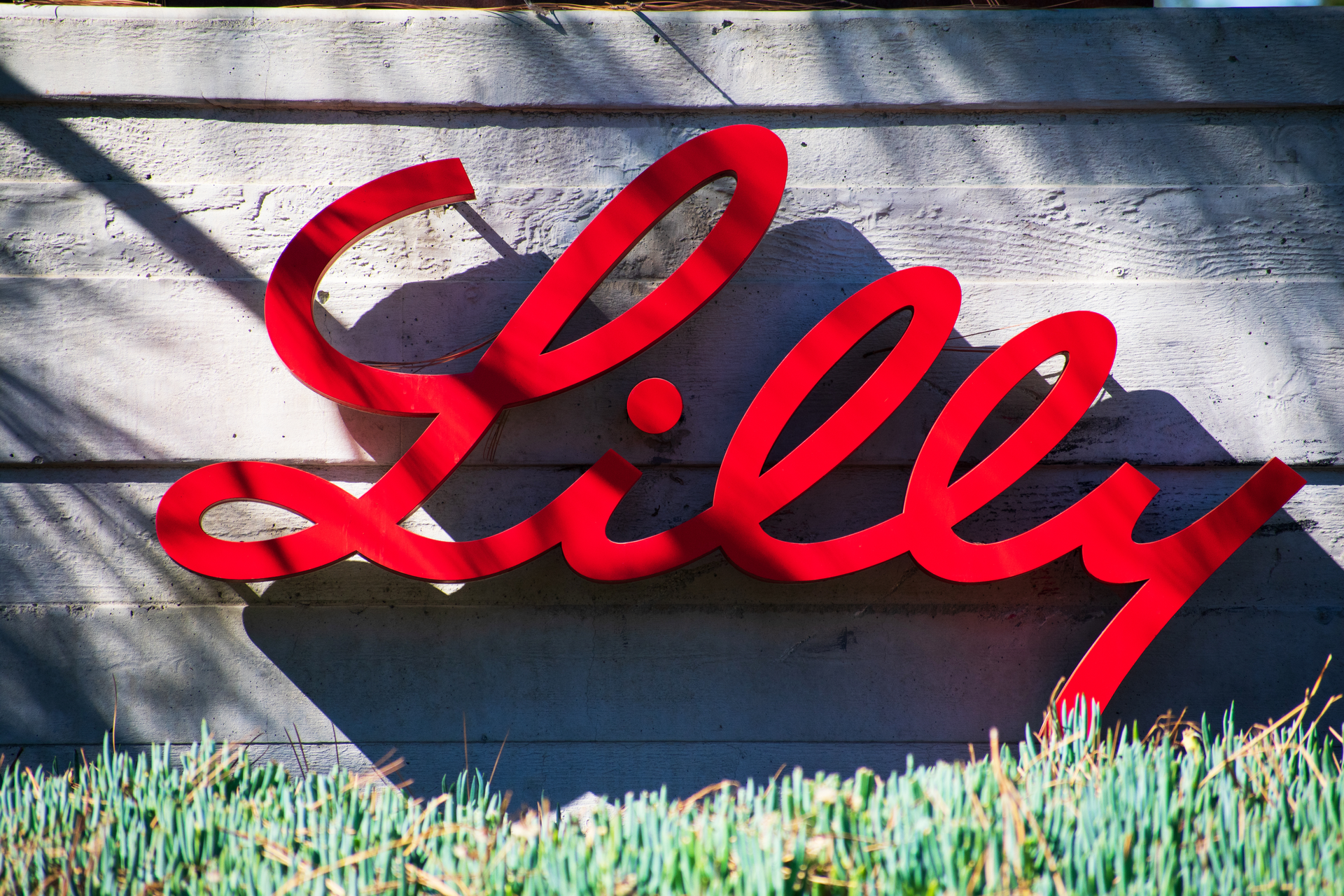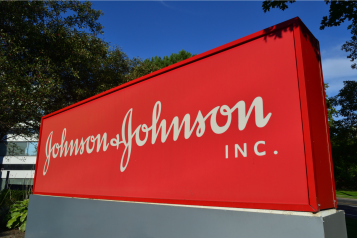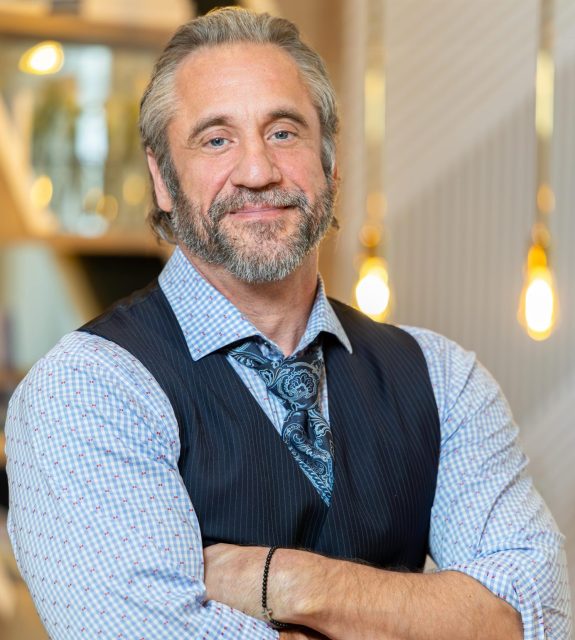A federal judge has determined that Eli Lilly must pay an Arizona company a percentage of the billions of dollars in sales from its various insulin brands, citing a 1992 royalty agreement that allowed the pharmaceutical behemoth to use a particular strain of yeast to aid develop the drugs.

U.S. District Judge Scott H. Rash ruled late Tuesday, more than two months after he heard dueling summary judgment motions from the Tucson-based investment company, Research Corporation Technologies Inc., and Eli Lilly.
“Lilly breached its reporting and royalty payment obligations by failing to pay the 2% royalty owed for the net sales value of the diabetes drugs, so RCT is entitled to judgment as a matter of law as to liability,” Judge Rash wrote, also noting that “damages to be determined at trial.”
Judge Rash has yet to set a trial date in the case, that originated when RCT filed suit in 2016. Last year, after five amended complaints, Judge Rash took the case over from Senior U.S. District Judge Frank R. Zapata.
The suit stems from a deal Lilly cut with Phillips Petroleum Co. in 1992 to use the company’s “yeast expression technology”. Phillips received a 2% cut of the profits in return, but the following year, Phillips sold the rights to collect on that technology to RCT.
Lilly continued to pay RCT to license the technology, but maintained it wasn’t using it, only paying the minimum fee to keep the agreement active. RCT claims that changed in 2014 when “senior Lilly in-house counsel began investigating whether Lilly owed royalties under the agreement for Lilly’s undisclosed massive commercial use of RCT’s [technology.]”
The next year, Lilly’s assistant general patent counsel told RCT that the company was using the yeast technology to make an enzyme called Carboxypeptidase-B, which was used to make insulin in a deal Lilly had cut with Sandoz GmbH.
“CpB acts as scissors to cleave certain amino acids from the proinsulin protein, which, in combination with other chemical processes, ultimately yields insulin,” Judge Rash wrote.
Eli Lilly had argued that it was not using the yeast in a way that was covered by the licensing agreement, but the judge disagreed.
“Under Lilly’s definition … an end product could never be made under the agreement,” he wrote.
RCT accuses Eli Lilly of using that yeast to make enzymes in their Humalog and Humulin brands of insulin. According to court documents, Humalog earned Lilly $2.6 billion dollars in sales last year and Humulin earned $1.3 billion.
If Lilly had notified RCT when it began using the new yeast to make these drugs, it would have “triggered a discussion about the royalties owed to RCT,” the Arizona company says.
Now, a jury will be tasked to find out what numbers would have likely come out of those hypothetical royalty discussions.
Read more articles from Haute Lawyer, visit https://hauteliving.com/hautelawyer


















